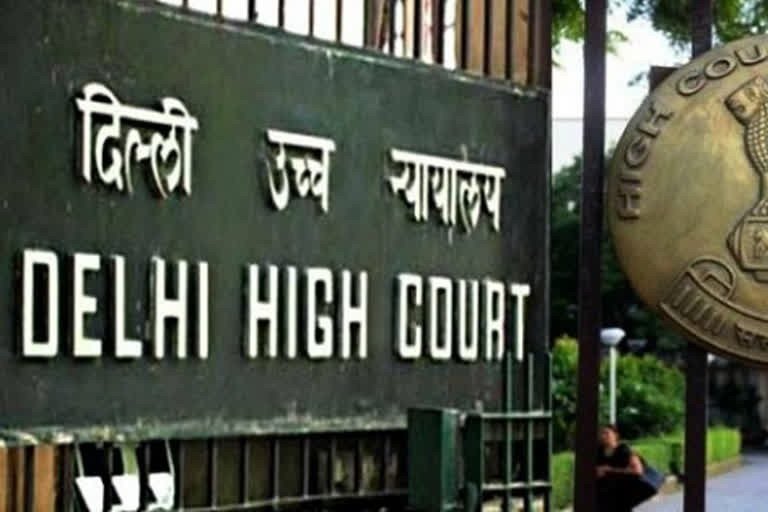New Delhi: The Delhi High Court has upheld a 1.5-year jail term awarded to the owner of a textile printing industry for causing water pollution.
The court rejected the contention of the convict that water samples were not lifted from his unit and it was not a water discharging unit.
Justice Sunil Gaur said there was no illegality or infirmity in the trial court's verdict holding the man guilty for the offence and awarding him the jail term and dismissed his appeal.
Read | New Delhi: Two booked for celebratory firing in wedding ceremony
".... On scrutiny of the impugned judgment and the evidence on record, I find that non-lifting of samples of water for analysis is not fatal to the case of the respondent (DPCC) as it is evident from the inspection report of February 21, 2000 that no effluent treatment plant was installed by petitioner to treat the effluent," the judge said.
The High Court added that since the convict was engaged in textile printing without obtaining the mandatory consent under the Water (Prevention and Control of Pollution) Act, the reliance placed upon a Supreme Court verdict was of no avail as in the said case, the mandatory consent was obtained.
According to the case details, the convict was running a textile printing unit in a village here in south Delhi and during an inspection by the officials of the Delhi Pollution Control Committee (DPCC) and the sub-divisional magistrate (SDM) of the area, it was found that the screens used for printing were being washed there.
Read | RS members raise issue of drinking water crisis
It was also found by the DPCC team that the untreated trade effluent was discharged and the convict was doing these acts without the consent of the authorities concerned.
It was noted in the trial court judgment that the convict was discharging the trade effluent directly or indirectly, thereby permitting the polluting matter to enter a stream or sewer or the land, without installing an Effluent Treatment Plant (ETP).
